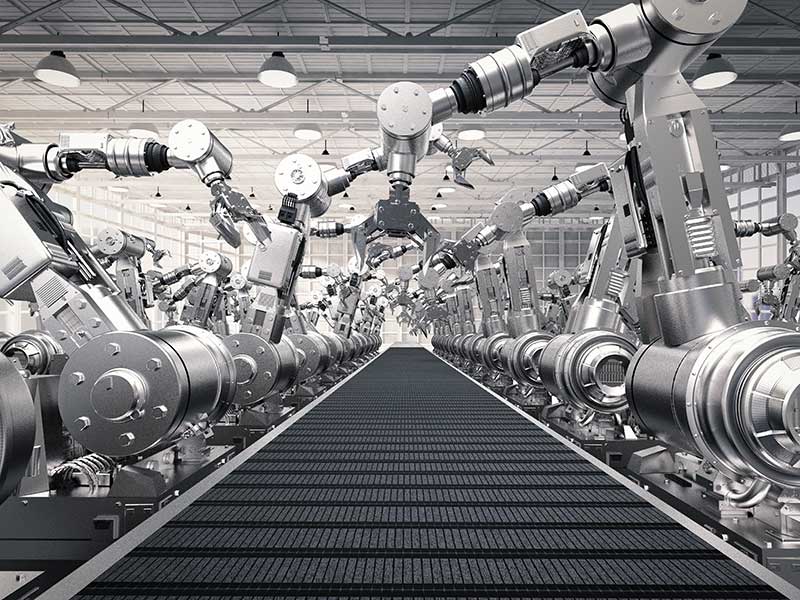A 10-year Victorian Manufacturing Strategy and a $500 million credit scheme for manufacturing, sustainability, and high-tech businesses are among the Victorian Chamber of Commerce and Industry’s recommendations ahead of the state election in November.
The 61 recommendations are included in the Victorian Chamber of Commerce and Industry’s (VCCI) election platform which was informed by a survey of around 1,000 members.
According to the survey, 82 per cent of the organisation’s members would support a 10-year manufacturing plan that targets local industries, providing “confidence and certainty” for business.
A long-term plan should be “industry-led but have government support and coordination”, the election platform said.
This should be accompanied by a campaign to promote “buying local”, a recommendation supported by 86 per cent of the survey respondents.
The VCCI is particularly concerned about the impact of the “constant threat of foreign products and services” on the competitiveness of emerging industries. Currently, the state’s manufacturing sector is worth $30 billion, of which around $18 billion is generated through exports.

The VCCI also calls for a specific manufacturing strategy for regional Victoria and state-wide review of local content procurement practices.
The recommended $500 million credit scheme for manufacturing, sustainability, and high-tech businesses would fund payroll tax and land tax concessions.
In response to the organisation’s survey, one member claimed that “every time you look at growing your business taxes exponentially increase. There is less incentive to grow here [in Victoria]”. There is also a call for the payroll tax threshold to be increased from $700,000 to $1.2 million as well as an exemption for businesses in regional areas to increase “attractiveness for business investment and growth”.
The election platform also emphasised the importance of the Victorian Government as a customer of local goods and services.
Access to government contracts is also difficult for many businesses due to a lack of awareness of opportunities and that “the time required to apply through complex and burdensome processes is insurmountable”. The survey noted that 85 per cent of respondents support a streamlining of procurement processes.
In the face of “chronic worker shortages”, the election platform also calls for a standardised microcredential framework alongside funding mechanisms to “enable the rapid reskilling and upskilling of the workforce”.
The 61 recommendations are separated into four pillars: strengthening Victoria’s jobs and skills, building Victoria as the best state to operate a business, driving Victoria’s economy, and growing regional Victoria.
Victorian Chamber of Commerce and Industry chief executive Paul Guerra describes business as “the heart of Victoria’s communities” and that they enable the state and its communities to thrive.
“We have listened closely to businesses across Victoria and we will advocate for their priorities to power Victoria’s future. Business has kept us moving forward over the past two and half years and it must now play a leading role in our recovery and future prosperity,” he said.
“This is our plan to strengthen Victoria’s jobs and skills, make Victoria the best state to operate a business, drive Victoria’s economy and grow Regional Victoria.”
In 2017, the Victorian state government released a statement on Advanced Manufacturing to outline a “new vision for Victorian Manufacturing” across four priorities.
Do you know more? Contact James Riley via Email.

